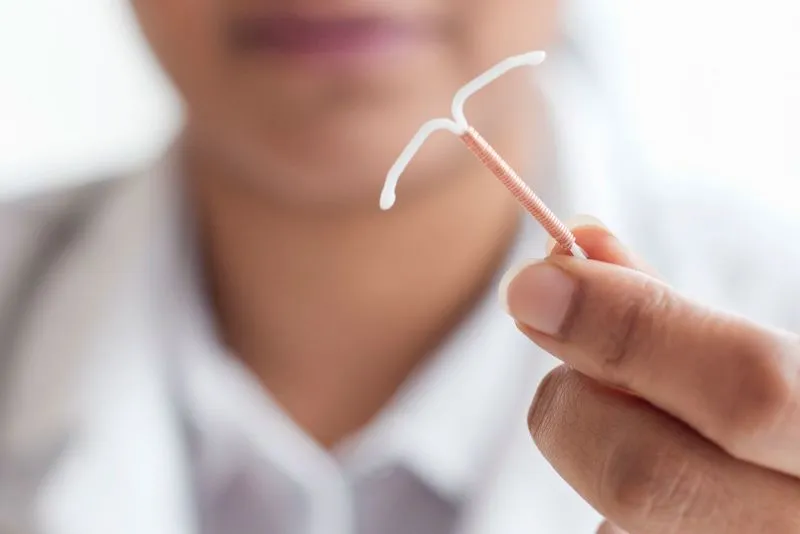Understanding the IUD Breast Cancer Risk and Its Implications

IUD Breast Cancer Risk: Findings from New Study
A recent study has sparked conversations about IUD breast cancer risk. Analyzing health records of over 150,000 Danish women, researchers found a 40% higher risk of breast cancer among those using hormonal intrauterine devices (IUDs). Despite this association, experts assert that the overall risk remains minimal, with an additional 14 diagnoses per 10,000 women.
Contributing Factors and Expert Opinions
Experts, including Dr. Eleanor Bimla Schwarz, suggest that the benefits of hormonal IUDs outweigh their risks. These devices not only effectively prevent pregnancy but also reduce menstrual discomfort and may lower the risk of endometrial cancer.
- Breast cancer risk increases slightly but remains low overall.
- Women using IUDs may face additional mammogram screenings due to regular doctor visits.
- Consulting with healthcare providers about the best contraceptive method for individual health is essential.
Making Informed Choices
Health decisions regarding birth control should include discussions about personal cancer risks and overall health. Other contraceptive options like copper IUDs present no associated risk of breast cancer.
This article was prepared using information from open sources in accordance with the principles of Ethical Policy. The editorial team is not responsible for absolute accuracy, as it relies on data from the sources referenced.